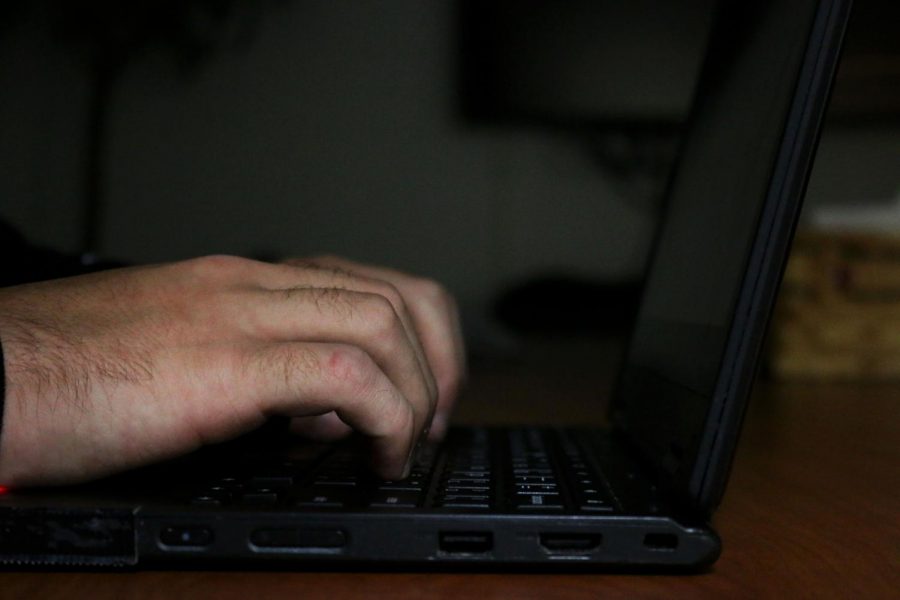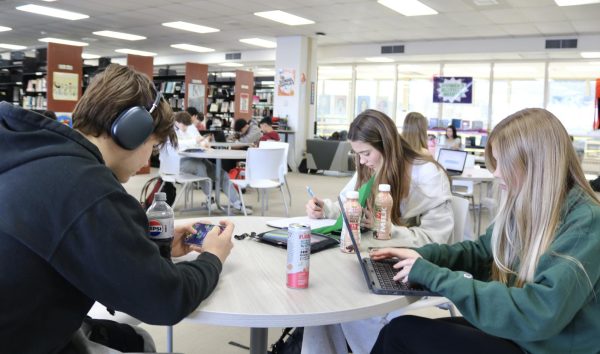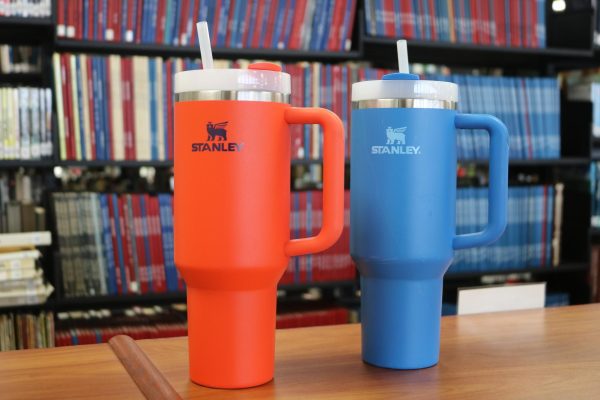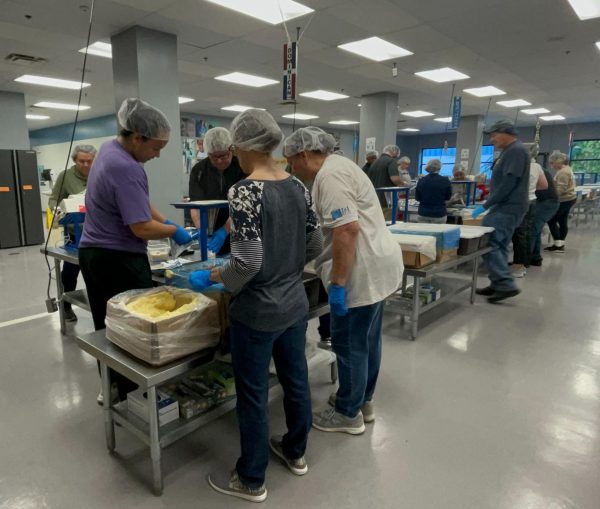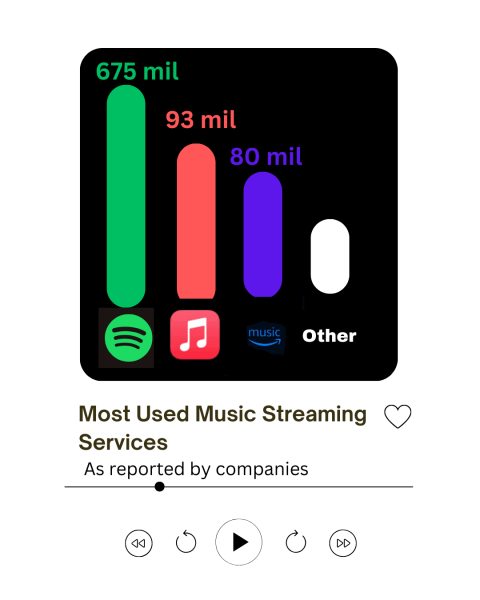Safety vs. Privacy
Security—the protection against unauthorized access—and privacy —the ability to protect sensitive information about personally identifiable information—have become increasingly present and controversial today in our society.
The DOI staff discussed how these two factors intertwine in our world, especially regarding airports and technology.
Many staffers agreed that a lot of security is absolutely necessary when it is for the well-being and greater good of people, especially in large quantities. Companies that hold personal information, including social media organizations and others websites, must enact high security measures to ensure the information is not released, in order to maintain privacy.
On the flip side, a small percentage of opinions on staff saw that a large amount of security can be detrimental because it takes away from individuality and human rights due to monitoring. Privacy is an important concept that everyone has a right to, according to the majority of staffers.
Too much privacy can be damaging in many regards. For instance, if security teams can’t keep tabs on people to prevent criminal activity, it could potentially allow possible threats to develop, leading to hazards in the long run.
This also translates to mental health, which could be harmful because if someone keeps everything to themselves, no one would know that someone needs help.
Because personal privacy is different for everyone, the amount of privacy needed for one situation could vary person to person. People are more likely to give away their privacy to other average people they are familiar with as opposed to large entities, like the government, Facebook and, Google, etc., according to some of DOI staff.
Specifically, there was division over the topic of safety and privacy in airports. The majority of staff believed pre-boarding precautions that are taken in the airport are worth the loss of privacy for the safety of the greater good of all travelers. Most students did not think that it was dehumanizing to be asked to remove shoes, receive body scans and limit the ability to bring liquids; this is seen as a small price to pay for safety that overall has been successful in preventing disturbances and threats in airports.
An intense security process may cause some fear, but that fear can be worth it which could improve the overall safety. Although, it was also said that fear — in the instance of practicing for an emergency, like a lockdown drill — is worth it because the possibility for an emergency is acknowledged and taking precautionary measures so people are prepared.
Others argued that TSA’s immediate process does nothing except take away a sense of humanity by telling travelers what to do and leaving them no choice but to comply if they wish to fly. It goes past a point of privacy because they aren’t just looking for weapons but looking into their belongings, invading a part of their personal life.
Many on DOI also disputed the security and privacy within technology. The majority of staff members saw technology’s use of personal information as negative. It is uneasy knowing that personal information is accessible across the internet for just about anyone to see, like cookies that remember what someone searched, which was seen as “creepy”. Some see it as a clear violation of rights and believe it is wrong to use others’ data for personal gain, like companies using it for profit. A common agreement is that there needs to be regulation that limits how much personal information can be accessed to protect people’s privacy, especially as the internet grows because right now it is too easy to gain data. The internet is an integral part of society, so super vision of it is vital. Some didn’t see this as a frightening problem at the moment, but thought that if it were to continue, the repercussions could become worse. Privacy on personal accounts of social media was also a concern.
Most believed that we sign away our rights when we agree to the terms and conditions while making an account, so it’s the responsibility of the user to understand that. As an overall thought, some DOI staff members believed that safety is ultimately what humans strive for and want more than freedom. Security is all about feeling safe, even if it comes at the cost of some privacy. Another side believes rights as a human being should not be infringed upon to feel safe just because someone can’t come to terms with not feeling safe.



